Booby Trapped
By Guest Blogger Kristen Bagwell
The vast majority of women who have breast augmentation surgery have positive, healthy results. However, there’s a growing population of women experiencing adverse effects, including a rare type of cancer – that seem to be related to breast implants. This community of women is not well-represented, nor are they well supported by the medical community, the FDA, or their insurance companies. There is progress being made but we can absolutely do more to help these women.
BTW – I’m aware of this community of women because I am one of them. Here is my story.
After my second child was born, I decided to give myself a lift (literally) and get breast implant surgery. I do believe that I was well-informed about the risks, but being a natural optimist, I didn’t think any of the complications would happen to me. I had always been a healthy, active person in reasonably fit shape and to be perfectly honest, I’d pictured myself losing the baby weight, getting in fantastic shape, and having the perfect new curves to round everything out.
Then I had the surgery.
My first set of breast implants were basically rejected by my body, resulting in severe capsular contracture on one side and “bottoming out” on the other. Capsular contracture is basically a situation where scar tissue forms incorrectly and squeezes the breast implant out of its intended space. The implant can appear too high on your chest, or have a warped-looking shape … fun stuff. Bottoming out means the implant has slipped below the fold beneath your natural breast tissue, almost like it’s sliding down the front of the rib cage.
(In a nutshell: lay 2 Cheerios side by side. Now move just one of them up about an inch and squeeze it so it’s more an oval than a circle. Leave the other one where it was, but soak it in milk so it’s a little squashy and droopy. That’s basically what my before/after photos looked like.)
After a year of healing, nothing had improved with my lopsided lumps. Rather than take this hint from my body, I opted to allow the surgeon to remove the first set of implants and replace them with a different brand, style, and size of silicone implant that had just been approved for use in the US. Apparently these implants were the style of choice in Europe, so I excitedly went back in.
The second implants seemed to heal properly, however within six months I’d gained 35 lbs with no change in my diet or exercise routine. Over the next 3 years, I was diagnosed with depression, anxiety and panic attacks. My skin would break out in rashy clusters that were not identified as anything other than “contact dermatitis” with no cause noted. My joints began to ache in my feet, hips and fingers. My breasts ached constantly, and I often experienced severe itchiness on my breasts and under my arms. Other symptoms included brain fog, insomnia, and severely stinky sweat. (The sweating was the symptom that really made me stop and take notice, mainly because I couldn’t easily attribute it to anything else.) Fast forward three years and none of these symptoms has improved for more than a brief period of time, nor have any of my doctors connected any one symptom to the next.
I was frustrated and felt very alone, not really knowing how to articulate what I was feeling because I couldn’t name it, or attach it to any one illness or condition. Then in the fall, a childhood friend and I reconnected at a bridal shower, and she told me she’d been thinking of me constantly. “I need to share my experience with breast implant illness, I just know you need to hear this” she told me. I honestly had no idea what she meant, nor did I realize she’d been having health issues – she was working in the fitness industry, of all things. After a very intense conversation (“Amy, I don’t know whether we need to spend more time together or much, much less! ha ha”) she convinced me that my symptoms were linked, and that there was much more to be learned about how to improve my health by removing my implants.
I’m currently interviewing surgeons as very few actually subscribe to the idea that BII is a real thing. Thank God for Bravo, though – I was watching Botched and one of the featured docs did acknowledge that there seems to be a growing group of women who feel that their implants are contributing to wider health issues, and (paraphrased) “they are foreign objects that are placed inside the body, and the body can sometimes reject foreign objects.” THANK YOU, DOCTOR DUBROW. Now if I could just land a spot on his show…either way, I expect to have these implants removed in the first part of 2020. I’m so grateful for all of the support and information available, but it’s still very limited.
Here’s why: breast implant illness isn’t currently recognized as a diagnosable medical condition that health insurance will cover, however this may change soon. (Re: several FDA Hearings and testimony in 2019) Having experienced BII first hand, my goal is to bring awareness to the issue; to help existing support groups and non-profits continue to operate; and to start a business helping women obtain funding for explant surgery (anywhere from $4,800 to $11,000+ per procedure) either via insurance pre-approval or private/non-profit sources.
According to MedTruth, over 4500 women have had breast implants removed since 2015 and in one study, 75% of women surveyed reported improved symptoms or no symptoms post-removal. There are online communities with thousands of women seeking support. Thank you for helping to shine a light on BII and get some support from the FDA and greater medical community.
Here’s how you can help:
Learn more about Breast Implant Illness here: breastimplantinfo.org/autoimmune-symptoms-breast-implants
Resources and answers to literally all of your questions, as well as the latest information about progress being made with the medical community and the FDA: breastimplantillness.com
Follow my brand new Instagram account @bii.strong – there will be no “body” photos, just updates, inspiration and information to support this growing community of women.
If you have a BII story to share, feel free to message me via Instagram. Together we can create the change we want to see.
Want to see more blogs like this and get notifications on local events and happenings? Subscribe to Triad Moms on Main’s free weekly newsletters here.

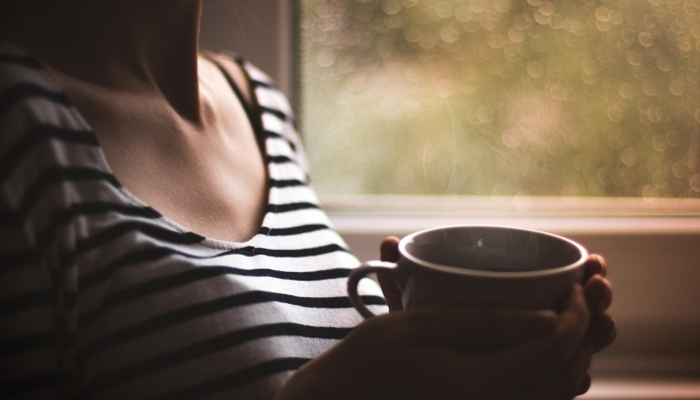
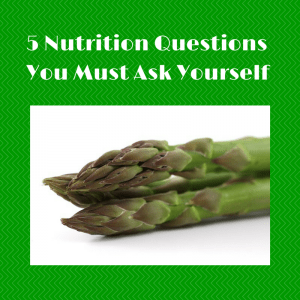
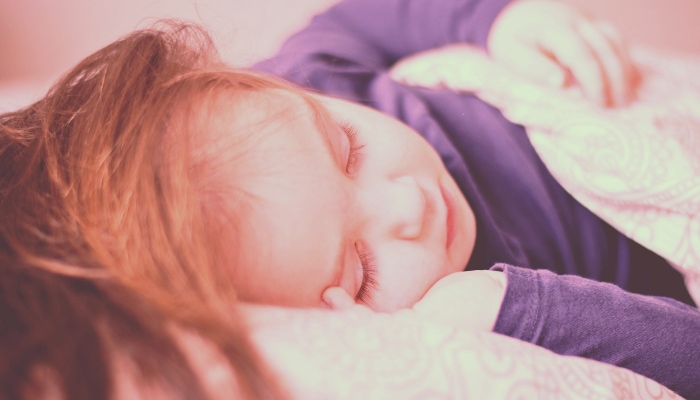
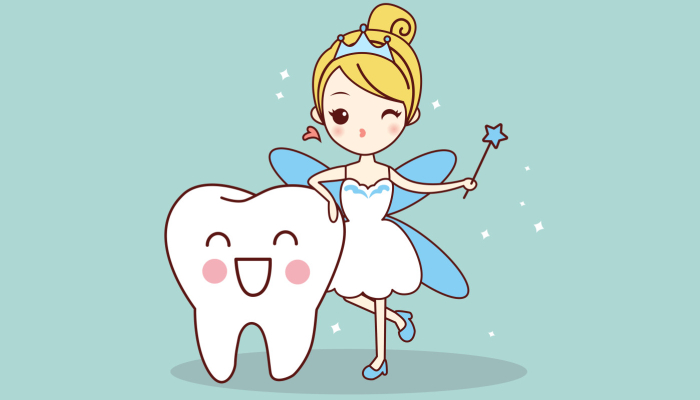

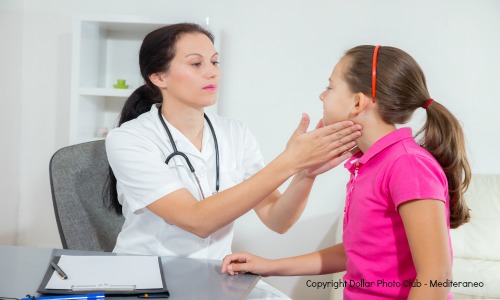

Kristen,
Thank you for sharing your story on TMoM. Such important information, and I am hoping everything works out and your health improves! It was also good to see your name again in the byline of TMoM! I will keep you in my prayers as you work with your new team of surgeons. Best, Katie
Thank you for spreading awareness about this!